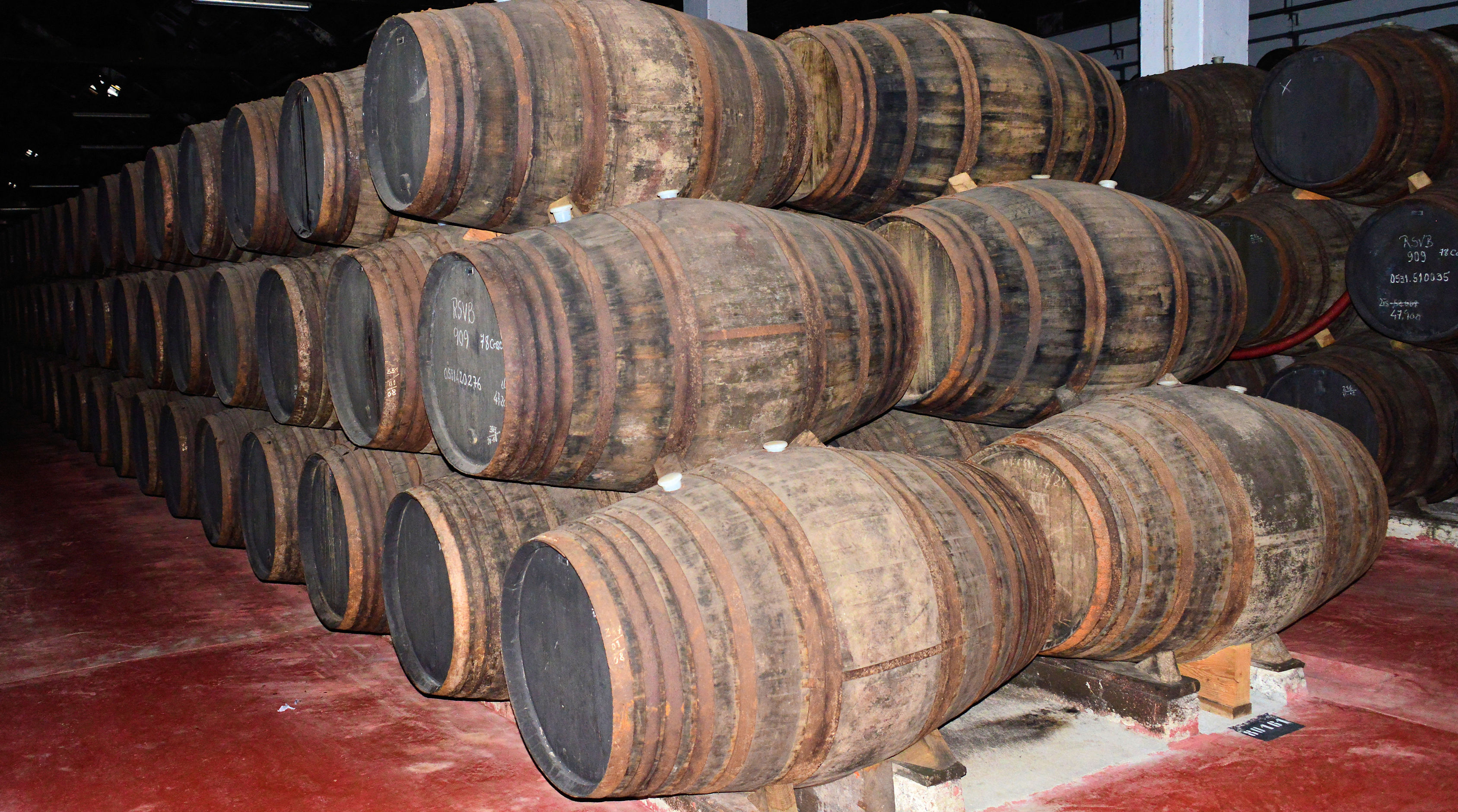Help – Port Wine is too cheap!!!

Some years ago I was at a winery in the Douro Valley and tasted some of their red wines. They are more focused on Port Wines – so they had only two red still wines in their offering. But what can I say – I really liked their wines. A typical Douro Wine – great nose, fruity, Touriga Nacional. A very well done wine. When I asked how much it would be, the answer was that the wine is available for a retail price of EUR 7.90. This made me sad – really sad. There are a few Portuguese wines that demand premium-prices, like everything from the Douro-Boys – however, the “normal” Douro Wine is sold for so little money that it depresses me.
However, compared with the prices for Port Wine the Douro Wine is suddenly better off. Imagine you are aquiring a piece of land in the Douro Valley and get after a long, bureaucratic process the approval to plant some vines there. You will bring the bulldozers to shape the mountain in a way that you can plant a vineyard (luckily bulldozers got invented – otherwise hundreds of men would need weeks to shape the mountain accordingly) and you will need dynamite to blow apart a few large boulders. Hard work in a dusty environment. Then you finally plant the wines. You protect the young vines against the heat in the summer and against the cold in the winter. You live in fear of rain-erosion and of hail-storms. The young grapes can’t be used for making decent wine – you have to weait 4 or 5 years. But these years you have to do a lot of manual work to take care of the plants – even if you know that you can’t use their grapes for the making of wine. Finally the first real harvest comes – you hire dozens of people to pick the grapes at the perfect moment (and as many vineyards reach the moment of perfect ripeness at the same time, you have to pay top-dollars to convince the workers to come to your vineyard). You get sick when you watch videos of the harvest in California or France – big machines driving through the vineyards and harvesting automatically the grapes. This isn’t possible in the Douro Valley as the hills are just to steep. You tread the grapes (at least you do this if you want to make a really decent Port Wine) or you use quite expensive machines to process the grapes. You add a lot of expensive wine spirit to stop the fermentation – and suddenly you have Port Wine. You keep the wine for half a year in the Douro, then you might transport it to Gaia for storage. And boy, you store this wine a long time. About 10 years. You send samples of your wine to the Port Wine Institute and get their approval to bottle the wine as a Tawny with Indication of Age. You bottle the wine, get the approval for the label and negotiate with wine merchants the price.

By now 15 or 16 years might have gone by since you bought the vineyards. You spend tons of money on growing and maintaining the vines. You established the infrastructure to store the wine. And now, after all that time, you finally get some money back. Howevver… the wine merchant tells you that people have changed their drinking pattern… they stay away from the strong Port as driving under the influence is now considered as really wrong… people have changed their eating pattern and look now at their sugar intake – and Port has just too much sugar… they will tell you that Port has the aura of “the drink of choice in old gentlemen clubs in London”. The young people like Red Bull with Vodka. You, the wine producer with a really fantastic product, an amazing Port, suddenly panic and you are happy that the wine merchant somehow still wants your wine – and you are glad that he offers you EUR 10 or 12 for a bottle of your wine – and you sell your babies.

In the end, the consumer gets a fantastic 10 year old Port Wine for EUR 20 – which is the countervalue of a bottle of cheap Vodka and a can of Red Bull. However, to produce the Port Wine requires so much hard work, in the blistering summer-sun, in the cold of the winter – so much capital and time.
When we look at the statistics, then we see that the really cheap Port Wines (simple Rubies and Tawnys) are the bread-and-butter-business of the Port Wine trade. People in France and Belgium just love this cheap stuff. They don’t like to pay more to get a “special category” Port Wine. The big companies fight for these cheap wine drinkers – and they know if they raise the price for the cheapest Port they will lose market share. However, then they can’t offer the better wines at the prices that they should cost.
